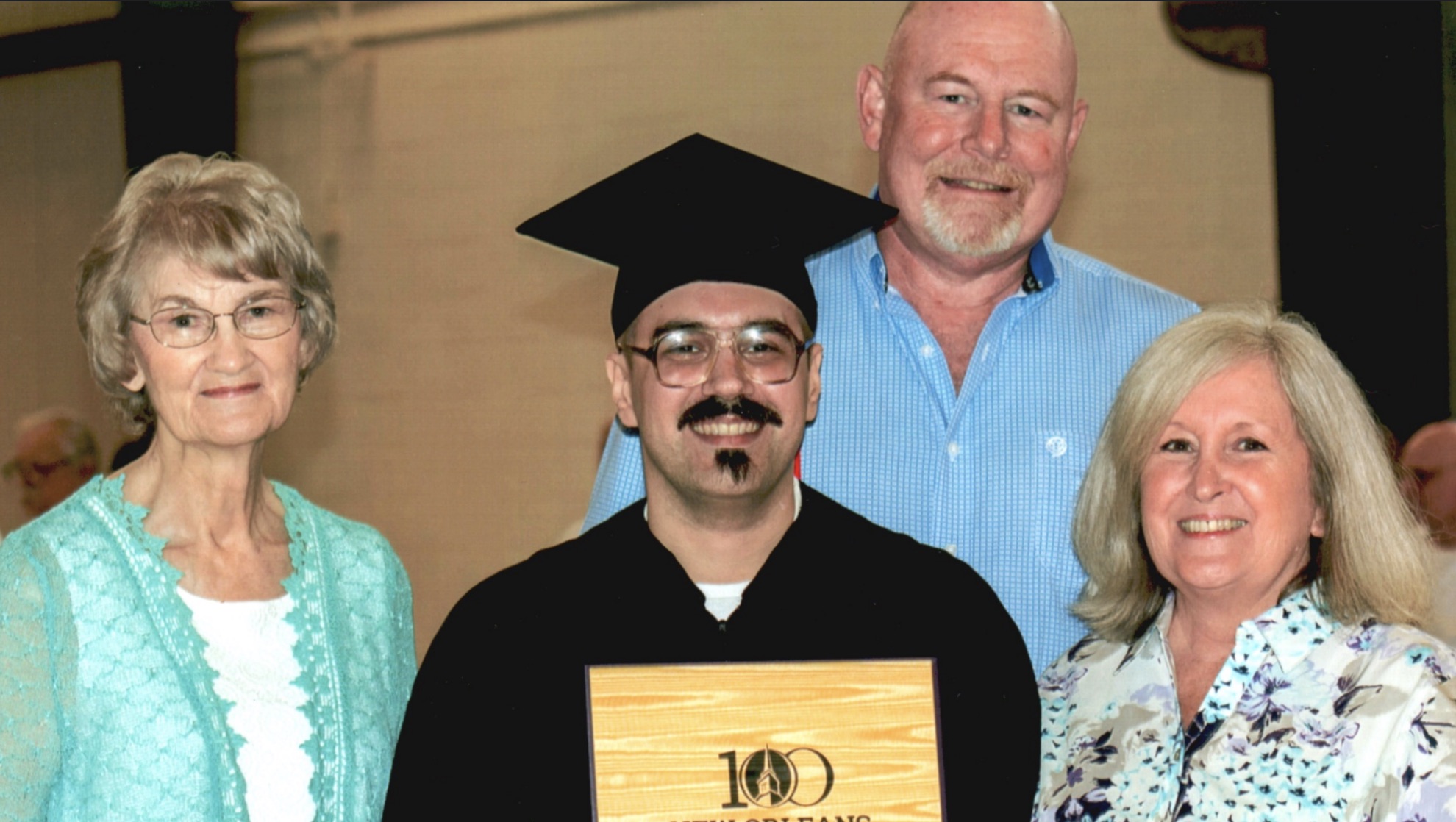Six months after being returned to prison on a DUI charge, a man paroled last year after serving nearly 20 years for the double murder of his father and stepmother is free again, this time through a court order.
On Aug. 30, Hinds County Circuit Judge Debra Gibbs vacated the Parole Board’s decision to return James Williams III to prison for at least a year for violating parole.
“Mr. Williams has already served more than ninety (90) days in the custody of the Mississippi Department of Corrections,” the judge wrote. “Therefore – unless he is held pursuant to some other sentence or order – he SHALL BE RELEASED IMMEDIATELY from the custody of the Mississippi Department of Corrections and returned to parole.”
Family of Williams’ victims – his father James Jr. and stepmother Cindy Lassiter Mangum – said they learned last week that Williams would be released. Since Williams became eligible for parole a decade ago, they have sent letters to the board and attended hearings, but for the court decision they did not get to voice their concerns and opinions, Mangum’s sister, Brenda Lassiter Rankin, wrote on Facebook.
As of Friday, MDOC records list Williams as being on parole in Rankin County.
In October 2023, the Pearl Police Department arrested Willliams for a DUI through a warrant issued by his parole officer, according to court records.
“The family wants to know if the Mississippi State Parole Board still feels that the community is better served to have James Williams in the community drinking and driving than be incarcerated for the double murders that he is guilty of committing,” the Mangum family said in a statement at the time.
A month later, the Parole Board found that by violating the law, he violated a condition of his parole. Three of four members voted to return him to prison for a year, according to court records, and the lone “no” vote was that of board chairman Jeffery Belk.
Gibbs agreed with Williams’ argument that his DUI misdemeanor offense was a technical violation of his parole, and under state law, 90 days is the maximum period someone can be imprisoned for a first time revocation.
The order is also in line with a February attorney general’s office opinion answering a question posed by Belk, but the question and response did not mention Williams.
At the beginning of the year, Williams filed an application for post-conviction relief with the Mississippi Supreme Court to challenge the board’s revocation. The court ruled in June that his motion had to be filed in the Hinds County Circuit Court, which led to Gibbs’ ruling.
A technical violation is an act or omission that violates a condition of parole placed on a person by the Parole Board or a parole officer. Examples of technical violations could be a missed check-in, failed drug test or missed curfew.
Under House Bill 585 passed in 2014, if someone is revoked parole for the first time for one or more violations, the Parole Board can order them to serve time in MDOC custody for a maximum of 90 days. Subsequent revocations can mean longer time, and by the fourth revocation, the board can impose the remainder of the person’s sentence.
Over the years, circuit judges around the state have ruled in post-conviction petitions to immediately release at least six people returned to prison for parole or probation violations who had already served the corresponding amount of time defined in state law for technical violations, according to Williams’ complaint challenging his parole revocation.
Current members of the board and those who served with former chairman Steve Pickett have
found misdemeanors are technical violations. Court records list examples of at least seven people for whom the board revoked parole for committing DUIs, simple assaults and other misdemeanors that it ordered to serve 90 days in a technical violation center.
Williams’ initial parole on May 16, 2023, faced pushback from the victims’ family, community members and lawmakers.
However, the Parole Board found multiple reasons to release him, including a good prison record, community support, participation in rehabilitative programs and recommendation by prison officials, according to court records.
Williams received five votes for parole from current members Belk, James Cooper, Julia Norman and Marlow Stewart and former member Anthony Smith, who resigned in May 2023 ahead of Williams’ release, according to Williams’ parole action sheet in court records.
Publicly, Belk has stood by the board’s decision.

